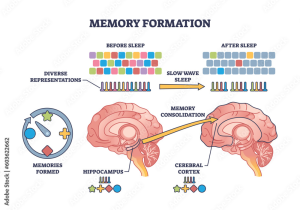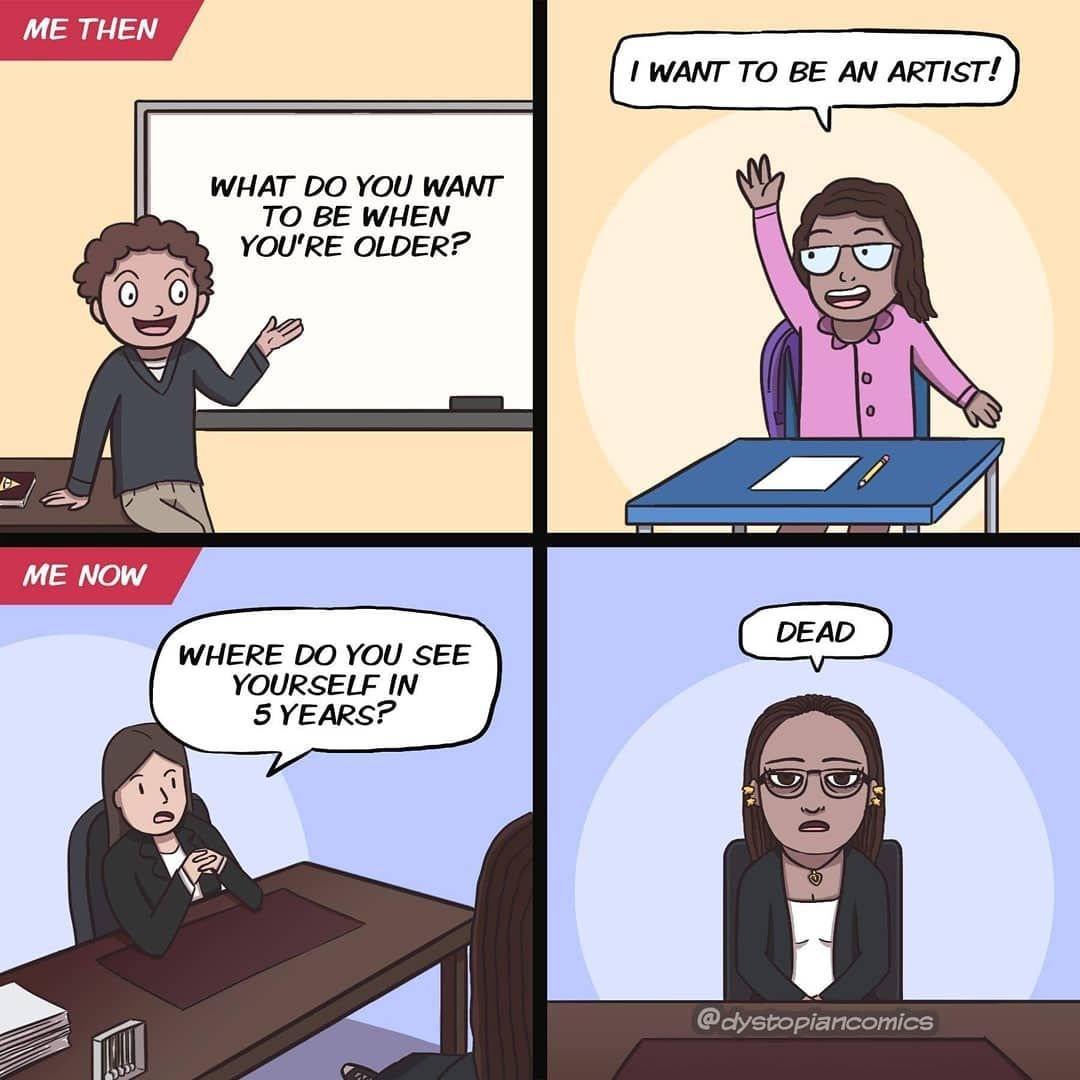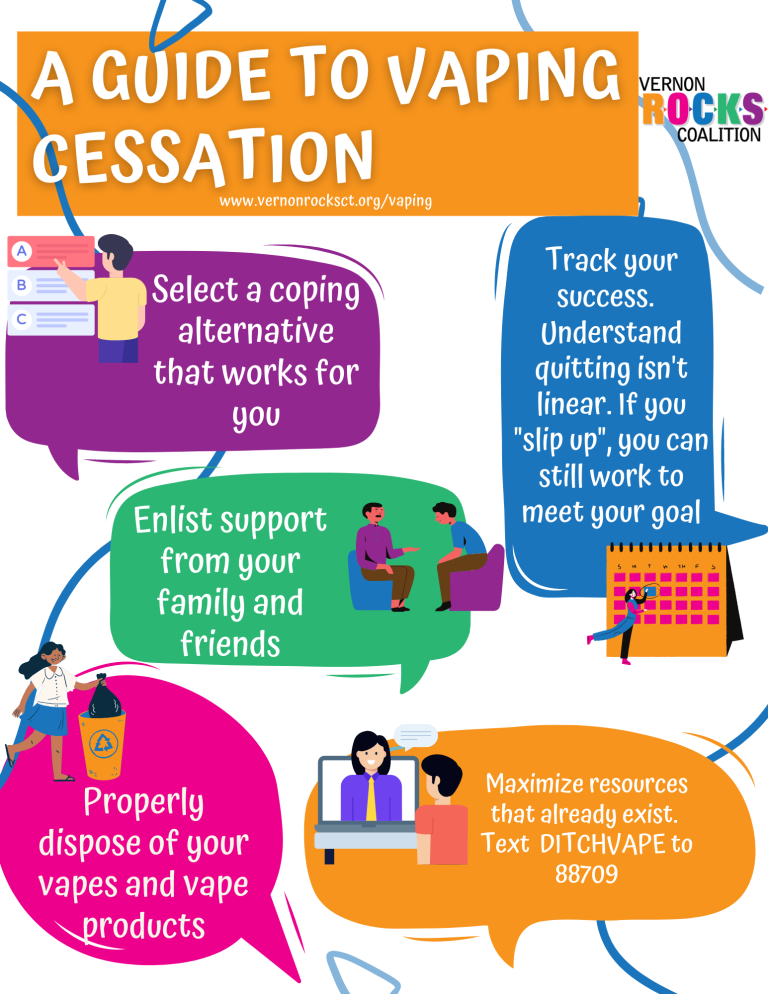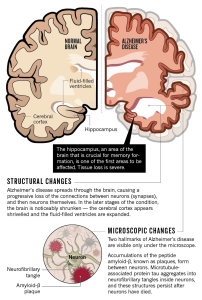Self-deprecating humor is an often-overlooked tool that can benefit our mental health and enhance social connections. By taking yourself less seriously, you acknowledge your imperfections in a light-hearted way, fostering self-awareness and humility. This unique form of humor not only makes you relatable to others, but it also softens the blow of life’s challenges and can even be beneficial in therapy. Incorporating humor into conversations, especially those involving anxiety and depression, can create a sense of safety and comfort among peers. Ultimately, embracing self-deprecating humor allows us to bond over shared experiences while lightening the emotional load, showcasing the power and benefits of humor in our lives.
When we engage in humor that lightly pokes fun at ourselves, we tap into a therapeutic approach that promotes connection and understanding. This playful banter, often termed as humble humor, can be a vital strategy in navigating the complexities of our emotions and relationships. By laughing at our own quirks and flaws, we deliver a powerful message: it’s perfectly okay to be human. Such lightheartedness not only helps in alleviating stress but also encourages an environment where others can feel safe to share their vulnerabilities. Thus, embracing this humorous perspective not only enriches our own lives but also strengthens our bonds with those around us.
The Importance of Taking Yourself Less Seriously
Taking yourself less seriously is more than just a humorous coping mechanism; it’s a pathway to enhanced mental wellbeing. In today’s fast-paced world, we often find ourselves entangled in a web of stress and expectations. By learning to laugh at our mistakes or misfortunes, we allow ourselves to foster a healthier relationship with our own thoughts and emotions. This shift towards self-aware humor not only alleviates anxiety and depression but also allows for a deeper connection with those around us. You might say, ‘I’m the world’s worst juggler, but at least I’m giving it a go!’ This kind of lighthearted approach can cultivate self-acceptance and elevate your overall mental health.
Moreover, adopting a less serious demeanor can enhance interpersonal relationships. When we express our vulnerabilities through humor, it creates an atmosphere of safety and openness. Those around us can relate to our flaws, which encourages a reciprocal vulnerability and fosters mutual understanding. This means that when we make light-hearted jokes about our quirks, we are not just entertaining but also inviting others to drop their guard and join in the laughter, enhancing our social bonds.
Self-Deprecating Humor: A Double-Edged Sword
Self-deprecating humor is a fascinating and complex tool in the realm of mental health. While it can promote humility and approachability, it’s essential to navigate it wisely. There’s a fine line between light-hearted self-mockery and harmful self-criticism. For instance, when someone says, ‘I’m just a hot mess express,’ it might elicit laughter, but if this becomes a habitual narrative, it could signal a deeper insecurity or low self-esteem. It’s vital to ensure that these humorous expressions are not a mask for genuine self-doubt or a cry for sympathy.
However, when used effectively, self-deprecating humor can catalyze healing and acceptance. It invites self-awareness and encourages individuals to embrace imperfections rather than shun them. This playful acceptance of our flaws can bridge the social gap, allowing others to feel comfortable sharing their own experiences. The benefits of humor are evident in therapeutic settings, where clients engage more freely when humor is present. It showcases the healing potential of laughter, steering conversations towards health improvement and emotional resilience.
Laughing Your Way to Better Mental Health
Studies indicate that laughter can be a powerful ally in improving mental health. Incorporating humor into daily life not only eases tension but also helps to rewire our thought processes. When we encounter difficult situations, reminding ourselves to find the humor in them—such as joking about your lack of cooking skills when dinner goes wrong—can shift our perspective. Instead of focusing on the disappointment, we learn to embrace spontaneity and flexibility, crucial traits for emotional wellbeing.
Additionally, humor can act as a catalyst for personal growth. By reflecting on humorous moments, individuals can develop a more resilient mindset. When we laugh at our missteps, we take away their power—turning potentially embarrassing situations into avenues for growth. This practice encourages self-compassion, reducing the impact of negative thoughts that can lead to anxiety or depression. Such humorous reflections help dismantle the barriers we construct around our self-perception, promoting a healthier, more balanced view of ourselves.
The Therapeutic Role of Humor
Humor’s role in therapy is often underestimated but can be transformative. According to experts, humor can create a safe environment where clients feel secure enough to express their thoughts and emotions freely. It helps to diffuse tension in therapy sessions, allowing for deeper conversations without the heaviness that often accompanies discussions about mental health. A good laugh can lighten the burden of discussing sensitive topics, making it easier for individuals to confront personal struggles.
In a therapeutic context, humor cultivates self-awareness and emotional regulation. For example, therapists may use humor to reflect client experiences in a more relatable way, effectively showcasing shared human experiences. This not only nurtures connection but also encourages clients to adopt a lighter stance towards their own challenges. Laughter, it seems, is not merely a distraction—it can be a catalyst for mindfulness and a necessary reminder that although life can be tough, humor can always be found in the cracks.
Cultural Perspectives on Self-Deprecating Humor
Different cultures approach humor with varying degrees of sincerity and intent. In individualistic cultures, like many Western societies, self-deprecating humor is often celebrated as a form of relatability, fostering connections among individuals. This form of humor endears individuals to others as it admits imperfections, creating a space where everyone feels they belong despite their flaws. However, the same cannot be said for collectivist cultures, where the focus often shifts towards humor that teases the group rather than oneself. These cultural nuances can deeply influence how humor is employed and perceived, impacting mental health outcomes.
Understanding these cultural differences is crucial in a globalized world. While self-deprecating humor might resonate well in one culture, it may be seen as overly self-critical in another. Recognizing and respecting these differences can lead to better interpersonal interactions and improved mental health support across cultural backgrounds. As we navigate this diverse landscape, it’s essential to approach humor with sensitivity and self-awareness, fostering connection while respecting boundaries.
Benefits of Humor in Everyday Life
The benefits of humor extend beyond therapy; they infiltrate our daily lives, nourishing our mental health in surprising ways. Incorporating humor into day-to-day activities can serve as a buffer against stress and anxiety. Whether it’s sharing a lighthearted meme with friends or watching a comedy show, these small moments of laughter cultivate a positive mindset and remind us to enjoy the little things.
Additionally, fostering humor in personal relationships can enhance bonding and strengthen connections. Shared laughter not only creates joyful memories but also reinforces trust and intimacy. When we engage in funny banter with friends or family, we build a supportive network, ultimately aiding our mental wellbeing. Remember, life is too short to take seriously all the time; embrace the humor around you and uplift those you care about!
Navigating Self-Criticism vs. Humor
It’s crucial to differentiate between self-criticism and genuine self-deprecating humor. While the former can breed negativity and low self-esteem, the latter invites a sense of belonging and acceptance. Recognizing the intention behind our self-jokes is essential; are we genuinely finding humor in our shortcomings, or are we seeking affirmation through self-derision? This differentiation is key to maintaining a healthy mindset and the benefits of humor.
To navigate this delicate balance, we should practice mindfulness and self-awareness in our humor. Asking ourselves how our jokes make us and others feel can illuminate our intentions. For instance, transforming self-critical thoughts into humorous anecdotes can help lighten their emotional weight. This process fosters resilience and encourages others to join in, transforming shared experiences into moments of connection and laughter.
Harnessing Humor to Build Resilience
Humor can be a powerful tool for building resilience, especially in challenging times. By reframing our circumstances with humor, we can change our emotional responses and elevate our perspectives. People often say, ‘If you can laugh about it, you can face it,’ which underscores how humor empowers us to navigate life’s difficulties. Situations that seem unbearable can become manageable when we allow laughter to penetrate through the cracks of hardship.
Moreover, humor promotes a proactive approach towards mental health. Instead of succumbing to despair, maintaining a humorous outlook allows individuals to confront challenges head-on. Finding the comical side during stressful situations fosters hope and creates coping mechanisms that can be beneficial in the long run. Embracing humor not just alleviates present pain but also equips us with invaluable strategies in times of future adversity.
The Art of Vulnerability and Humor
At its core, humor is an expression of vulnerability, and embracing this aspect can lead to profound personal growth. When we allow ourselves to share our flaws through humor, we invite others into our world, creating bonds built on authentic connections. This practice nurtures self-acceptance, as we acknowledge that imperfection is part of being human. Self-deprecating humor, rather than being a detriment, can open doors to meaningful conversations about our collective struggles.
Consequently, fostering this art of vulnerability through humor enhances emotional intelligence and nurtures empathy. As we share laughs at our own expenses, we create space for others to feel comfortable doing the same. This practice not only strengthens social ties but also promotes understanding, inclusion, and shared experiences that can significantly boost mental health.
Frequently Asked Questions
What is self-deprecating humor and how does it relate to mental health?
Self-deprecating humor is a form of humor where individuals make light of their own shortcomings or flaws. This type of humor can positively impact mental health by allowing individuals to take themselves less seriously and reduce feelings of anxiety or depression. It fosters self-awareness and humility, helping people connect with others through shared vulnerabilities, ultimately enhancing emotional well-being.
How can using self-deprecating humor help in therapy?
In therapy, self-deprecating humor can serve as a valuable tool for breaking down barriers and inviting connection. It allows clients to express their struggles in a lighthearted manner, making difficult conversations more approachable. This approach can facilitate emotion regulation, providing clarity and perspective while fostering a safe environment for self-exploration.
Is there a risk of crossing the line with self-deprecating humor?
Yes, while self-deprecating humor can be beneficial, it is important to avoid self-flagellation. If the humor leans too heavily on harsh self-criticism, it may stem from low self-esteem or a desire for sympathy. Maintaining a balance is crucial; humor should uplift rather than demean. Pay attention to the context and the audience’s response to ensure it is received as intended.
Why is self-awareness important when using self-deprecating humor?
Self-awareness is essential when using self-deprecating humor because it helps individuals understand the underlying motivations for their jokes. Being aware of how humor reflects one’s feelings or self-image can guide healthier interactions. Those who adeptly utilize this humor acknowledge their flaws without being overly critical, showcasing confidence and vulnerability that resonates positively with others.
Can self-deprecating humor improve social connections?
Absolutely! Self-deprecating humor promotes relatability and approachability, which can enhance social connections. By signaling that everyone has struggles, it fosters a sense of belonging and camaraderie. In individualistic cultures, this type of humor lays the groundwork for understanding and empathy, ultimately bridging gaps between individuals who may feel isolated due to their perceived imperfections.
What are the benefits of humor, specifically self-deprecating humor?
The benefits of humor, particularly self-deprecating humor, include stress relief, improved mood, and enhanced social bonds. It allows individuals to cope with life’s challenges by lightening the emotional load, encouraging laughter, and providing emotional regulation. By fostering an environment of acceptance and understanding, self-deprecating humor can contribute to overall mental health and well-being.
How can one practice taking themselves less seriously through humor?
To practice taking yourself less seriously, start by acknowledging your own flaws with a sense of humor. Share lighthearted anecdotes about your mishaps without harsh judgment. Engage in conversations that allow for laughter at everyday struggles, and remember that humor is not about putting yourself down but about celebrating the imperfections that make us human.
In what ways can self-deprecating humor differ across cultures?
Self-deprecating humor tends to be more prevalent in individualistic cultures, where emphasizing personal flaws fosters relatability. In contrast, collectivist cultures often employ humor at the expense of others, focusing on group dynamics and camaraderie. Understanding these cultural nuances can enhance communication, as humor functions differently across social contexts, impacting how people connect and relate to one another.
| Key Points |
|---|
| Self-deprecating humor can provide mental health benefits, aiding those with anxiety and depression. |
| Using self-deprecating humor fosters connection and shows vulnerability, making individuals more relatable. |
| Humor can help regulate emotions, lighten intense moments, and promote clarity in difficult conversations. |
| Self-deprecating humor differs from self-flagellation; it does not involve harsh self-criticism. |
| Cultural differences affect humor; individualistic cultures favor self-deprecation while collectivist ones poke fun at others. |
| Taking oneself less seriously prevents negative feedback loops that can damage self-esteem and hinder relationships. |
Summary
If there is one thing I absolutely excel at, it’s taking myself way too seriously – I could win a gold medal in the self-seriousness Olympics, no competition! Learning to embrace self-deprecating humor instead is not just refreshing; it’s like a breath of fresh air after finally escaping a stuffy room. This approach not only helps in lightening up our own burdens but also creates a bridge for better connections with those around us. So, let’s not be our own worst critics; instead, let’s poke fun at our quirks and flaws! After all, who doesn’t love a good laugh, even when it’s at their own expense?









